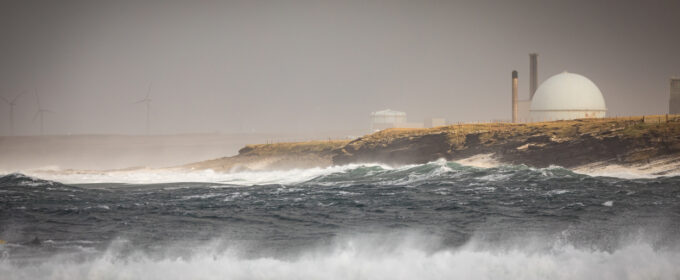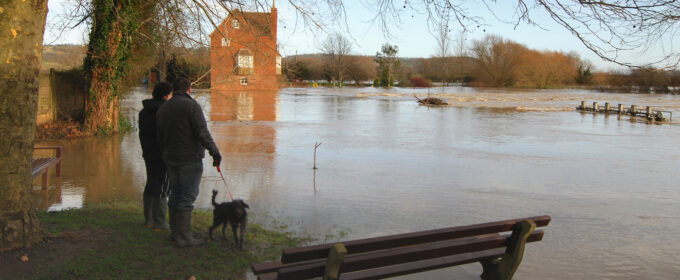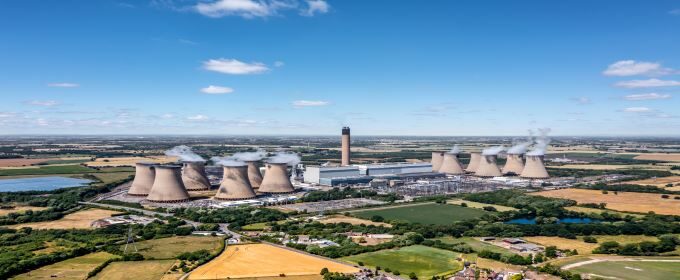The building sector is responsible for 40% of global CO2 emissions, and many policies have been introduced about the energy efficiency of buildings during their working life. However, little consideration has been given to the whole life of a building, from the production of materials to the disposal of old buildings. Here, Ms Judy Too […]









